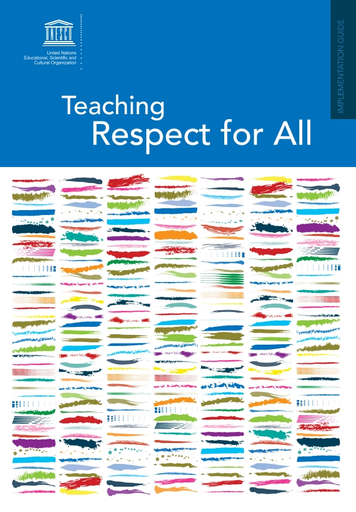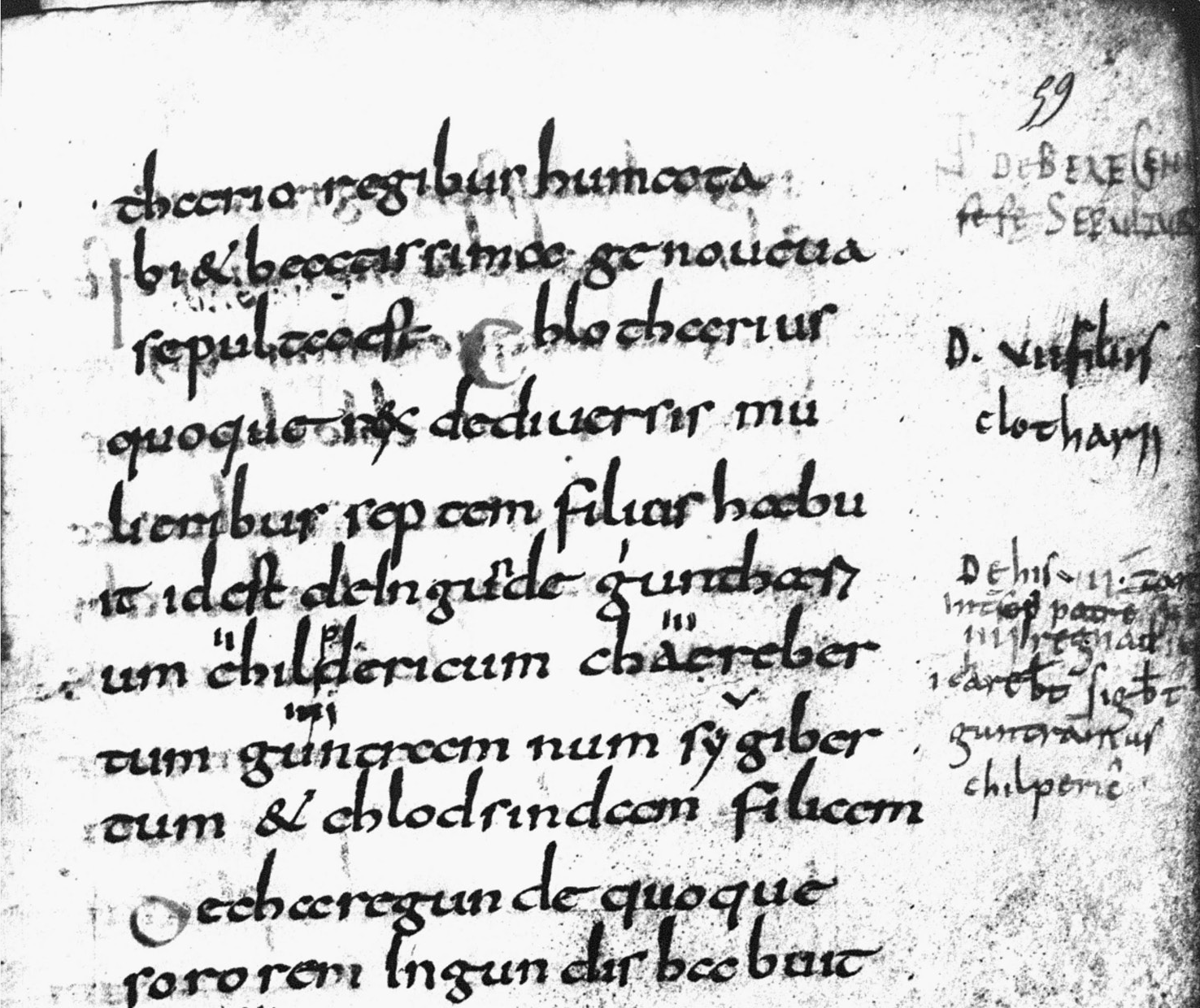- Dialogue On Good Evil And The Existence Of God Pdf Writer Version
- Dialogue On Good Evil And The Existence Of God Pdf Writer Pdf
- The Non Existence Of God
A Dialogue with Truth explores the way major world religions can have the potential to counteract the negative forces of conflict in the world and instead usher in an era of fellowship. Every religion advocates universal human values, and they each speak to a basic message for humankindin fact, the origin and meaning of all prophetic revelation. Arguments for and against the existence of God presuppose such an understanding of God. Tillich is critical of this mode of discourse, which he refers to as 'theological theism,' and argues that if God is a being, even if the highest being, God cannot be properly called the source of all being. Dialogue on Good, Evil, and the Existence of God (Hackett Philosophical Dialogues series) by John Perry. Read online, or download in secure PDF or secure ePub format John Perry-author of the acclaimed Dialogue on Personal Identity and Immortality (Hackett Publishing Co., 1978)-revisits Gretchen Weirob in this lively and absorbing dialogue on.


Summary
The Dialogues are a series of discussionsabout the rationality of religious belief between the fictionalcharacters Cleanthes, Philo, and Demea. Demea represents religiousdogmatism and insists that we cannot come to know the nature ofGod through reason. Philo, the philosophical skeptic, agrees withDemea that God is incomprehensible but insists that he might bemorally corrupt. Cleanthes argues that we can know about God byreasoning from the evidence we find in nature.
Demea argues that although God clearly exists, we cannotknow his nature, because God's nature is beyond the capacity ofhuman understanding. Philo seems to agree with him. Demea goes onto explain that God is the First Cause, meaning that the world operates ona system of cause and effect, so there must be an original causeto have started the world in motion, and that First Cause is God.But this still tells us nothing about God's nature, which Cleanthesinsists we can learn by examining nature. Cleanthes states thatthe only rational argument for God's existence is one based on experience. Thedesign and order of nature reveal that there must be an intelligentdesigner, or creator, whose intelligence resembles our own. Cleanthesalso states that things that are very familiar and present to usneed no reason to establish their truth, such as the knowledge thatfood nourishes the body.
Philo disagrees with Cleanthes and argues that just becausethe world is ordered, there is no reason to believe that this orderis a result of intelligent design. He explains that the exampleof the design of the universe supposes an acceptance of cause andeffect, which in turn supposes that the future will resemble thepast. However, since there is nothing with which to compare oursituation, we cannot assume the necessary connection based on pastexperience or other examples. Philo goes further, claiming thateven if God is an intelligent designer, this fact does not explainwhy nature has order. Finally, even if the argument from designwere valid, nature does not provide us with any knowledge aboutGod other than that he designed it.
Philo next turns his attention to God's possible moralattributes and whether we can discover these by examining nature.Together, Demea and Philo explain that the world is filled withevil. Philo says that if there is so much evil, there cannot bea God who is completely beneficent, or else he would have eliminatedevil. If he cannot eliminate evil, he cannot be all-powerful. Ifhe is unaware of the evil, he cannot be all-knowing. If nature itselfprovides evidence of God's nature, then we must conclude that hedoesn't care about us at all and is therefore morally ambiguous.Demea leaves the room, upset by these claims.

Dialogue On Good Evil And The Existence Of God Pdf Writer Version


Summary
The Dialogues are a series of discussionsabout the rationality of religious belief between the fictionalcharacters Cleanthes, Philo, and Demea. Demea represents religiousdogmatism and insists that we cannot come to know the nature ofGod through reason. Philo, the philosophical skeptic, agrees withDemea that God is incomprehensible but insists that he might bemorally corrupt. Cleanthes argues that we can know about God byreasoning from the evidence we find in nature.
Demea argues that although God clearly exists, we cannotknow his nature, because God's nature is beyond the capacity ofhuman understanding. Philo seems to agree with him. Demea goes onto explain that God is the First Cause, meaning that the world operates ona system of cause and effect, so there must be an original causeto have started the world in motion, and that First Cause is God.But this still tells us nothing about God's nature, which Cleanthesinsists we can learn by examining nature. Cleanthes states thatthe only rational argument for God's existence is one based on experience. Thedesign and order of nature reveal that there must be an intelligentdesigner, or creator, whose intelligence resembles our own. Cleanthesalso states that things that are very familiar and present to usneed no reason to establish their truth, such as the knowledge thatfood nourishes the body.
Philo disagrees with Cleanthes and argues that just becausethe world is ordered, there is no reason to believe that this orderis a result of intelligent design. He explains that the exampleof the design of the universe supposes an acceptance of cause andeffect, which in turn supposes that the future will resemble thepast. However, since there is nothing with which to compare oursituation, we cannot assume the necessary connection based on pastexperience or other examples. Philo goes further, claiming thateven if God is an intelligent designer, this fact does not explainwhy nature has order. Finally, even if the argument from designwere valid, nature does not provide us with any knowledge aboutGod other than that he designed it.
Philo next turns his attention to God's possible moralattributes and whether we can discover these by examining nature.Together, Demea and Philo explain that the world is filled withevil. Philo says that if there is so much evil, there cannot bea God who is completely beneficent, or else he would have eliminatedevil. If he cannot eliminate evil, he cannot be all-powerful. Ifhe is unaware of the evil, he cannot be all-knowing. If nature itselfprovides evidence of God's nature, then we must conclude that hedoesn't care about us at all and is therefore morally ambiguous.Demea leaves the room, upset by these claims.
Dialogue On Good Evil And The Existence Of God Pdf Writer Version
Dialogue On Good Evil And The Existence Of God Pdf Writer Pdf
Although Philo has successfully torn down Cleanthes' argument fromdesign, Philo finishes the dialogue by declaring that the orderedworld obviously has some intelligence behind it and that this intelligencedoes in fact resemble human intelligence. His real disagreement,he claims, concerns how strong this resemblance really is. He thenattacks religious dogma as both morally and psychologically harmful.The most rational position, he says, is a philosophical belief insome unknowable higher power. Finally, Philo tells Cleanthes thatphilosophical skepticism is the only proper route to true Christianitybecause it forces us to rely on faith instead of the false connectionbetween reason and theism.
The Non Existence Of God
Analysis
Hume clearly intends to point out that the question ofGod's existence and the supposed religious origin of morals arein fact two different issues and that a positive stance on the firstissue does not necessarily confirm the second. The true questionis whether enough evidence exists in the world to prove that thereis an infinitely good, wise, and powerful God from which moralitynaturally springs. Philo argues that there is not, and his explanationthat the existence of evil poses a problem for this view of Godis worth considering seriously. It seems impossible that an all-good,all-powerful, and all-knowing God could exist in a world as painfulas ours. However, Cleanthes' position also seems cogent. We don'tneed to justify the existence of things that are universal truths.For example, we cannot prove that motion exists without referringto an example of motion itself. If both man and the universe exhibitform and order, we may logically consider that a similar intelligencelies behind both. However, from that claim we could argue that thisintelligence, or God, possesses both good and evil, as man does.
In John Perry's book Dialogue on Good, Evil and the Existence of God, he used three characters in the dialogue in order to clarify the positions of the three characters (Weirob, Miller, and Cohen), the arguments they provide in support their positions and the 'end state' of their discussion. This allows us to examine our understanding of the good, evil and the existence of God. Perry shows a clear position of Weirob, Miller, and Cohen. Weirob is a philosopher who is not a Christian. She does not believe God exist. She only believe evil exist without God. She thinks if God really exists in this world, then God is a monster (evil) because God lets her…show more content…
Or perhaps there is, but he is ignorant, or weak, or mean' (p.4) She thinks God must not care her because God lets her suffered. She provides a main argument to support her position which is 'the existence of suffering is inconsistent with the existence of the all-perfect God.' (p.17) She thinks there is evil but without God. Miller wants to convince Weirob to believe the possibility of God exists. His argument is that this world is the creation of an all-perfect Being, even if we admit that there is suffering in it. He claims that the existence of suffering is consistent with the existence of the all-perfect God. Their arguments are opposed to each other. So Miller has to convince Weirob that Christian God he believe in--- all perfect, omnipotent, omniscient, and benevolent -- could possibly exist, even given as unimportant a bit of suffering as her flu. Miller first raises some examples to proof his argument is possible but doesn't have to explain to Weirob what plan God has in mind. The example is about a painting can have ugly parts but been more beautiful or deep because of them or a dull chapter in an interesting novel. But Weirob does not think her suffering with her flu compares with those examples at all. She claims that she is not a picture of a sniveling, dripping, suffering human but a sniveling dripping, suffering human. This convinces us to think that Weirob wants Miller to give her a more detail of example which is related to her.
